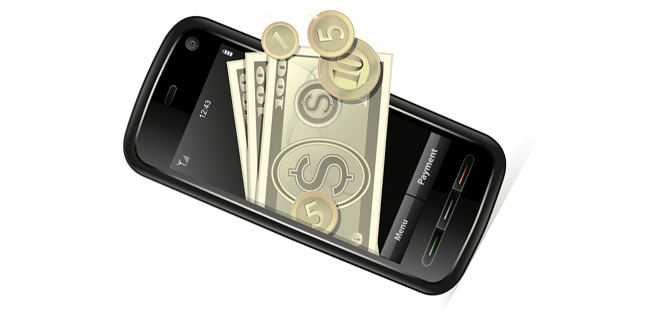Does money really make the world go round? Well, I’m not sure about that, whatever Liza Minnelli says, but what I do know is that getting money from pocket A to pocket B is a key area of focus in the global financial technology (fintech) scene right now.
Of the four main fintech segments that investors are most actively looking at (lending; personal finance; payments; and bitcoin/blockchain technologies), payment businesses are the most prolific.
Just take a look at one barometer: about a quarter of the companies selected for the FinTech50 are payment companies. Let’s see just how diverse the category of payments can be (spoiler alert: not very diverse!):
- AcceptEmail – electronic billing and payments using email
- Bottomline – payment and document automation solutions
- Clear2Pay – payments processing
- Dovetail – payments processing
- GoCardless – allows you to tap into the direct debit network
- Ixaris – applications based on prepaid card schemes
- Klarna – payment solutions for eCommerce
- Lemon Way – mobile payments
- PAYMILL – online payment solutions
- Pingit – mobile payments
- Currency Cloud – cross-border payments
- TransferWise – cross-border payments
And this is far from definitive: Azimo, Moni, TransferGo, and numerous other European companies are not on the above list.
And then there are the big players, including U.S. disrupters such as Xoom and Square plus the big guys (Apple, Paypal, and even the banks).
A market divided
Why is the market so fragmented and why are so many disruptive payment companies coming through?
It’s fragmented because of a number of factors but, essentially, while the world of payments may have been previously dominated by the banks — even if the providers of payment services were limited in number — the payment services themselves are quite different.
Moving money across borders, currency exchange, invoice settlement, and prepaid cards are all quite different in nature — the regulations can vary hugely and a retail business has to be run in quite a different way to a business-to-business model.
Disruptive tech companies are typically choosing a niche that was previously provided by a big player and attacking that niche in three ways: by making that particular service faster, cheaper, and more convenient.
The rise of mobile payments
The boom in mobile more generally is also having a real impact. If we just look at Europe, smartphones are everywhere. Accessing banking and payment services through mobile devices is an area that nimble, young tech companies are able to exploit more quickly than the banks (which have to turn the tanker to innovate).
I am personally quite sceptical about the rise of mobile banking and payments. At one of our recent tech events, a ‘white hacker’ (a bit like a modern Knight of the Roundtable… or so he says…) convinced me that no mobile device is currently secure enough for him to trust it to have access to any of his financial information or banking/payments arrangements.
All of this, however, is a personal concern, I am absolutely sure that the vast majority of mobile users will accept convenience, speed, and cost over the potential security risks.
A corporate partner, Richard Goold heads the U.S. desk and co-chairs the firm-wide tech sector group at Wragge Lawrence Graham & Co. He spends his working life leading complex corporate transactions, generally in the tech sector and usually across borders. To accompany his insights in Fintech Monthy, he will be writing a monthly column on the biggest trends in fintech.
This story originally appeared on Tech City News. Copyright 2014


